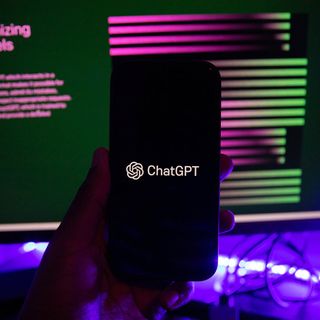March 22, 20234 min read, 777 words
Published: March 22, 2023 | 4 min read, 777 words
During the much-covered debut of ChatGPT-4 last week, OpenAI claimed the newest iteration of its high-profile generative text program was 82 percent less likely to respond to inputs pertaining to disallowed content. Their statement also claimed that the new iteration was 40 perce...
CRITIC REVIEWS
There don't seem to be any reviews yet.
PUBLIC REVIEWS
Surface Level
March 29, 2023
I was disappointed to see that PopSci simply regurgitated many of the talkings points from NewsGuard's recent press releases where it once again appoints itself as the arbiter of truth and this time to capture on the hot media item of the day- ChatGPT. If PopSci was doing some of it's own research or even critical thinking here, it would realize that Microsoft owns half of OpenAI (the company that built Chat-GPT) and simultaneously licenses NewsGuard's so-called media trust ratings. So by that logic, either NewsGuard's data doesn't comply with AI models, wasn't useful to OpenAI, or Microsoft was never truly interested in applying NewsGuard's ratings in the first place. These are the questions that the journalist should be asking, along with why NewsGuard's interpretation of facts/credibility have merit.
March 29, 2023
